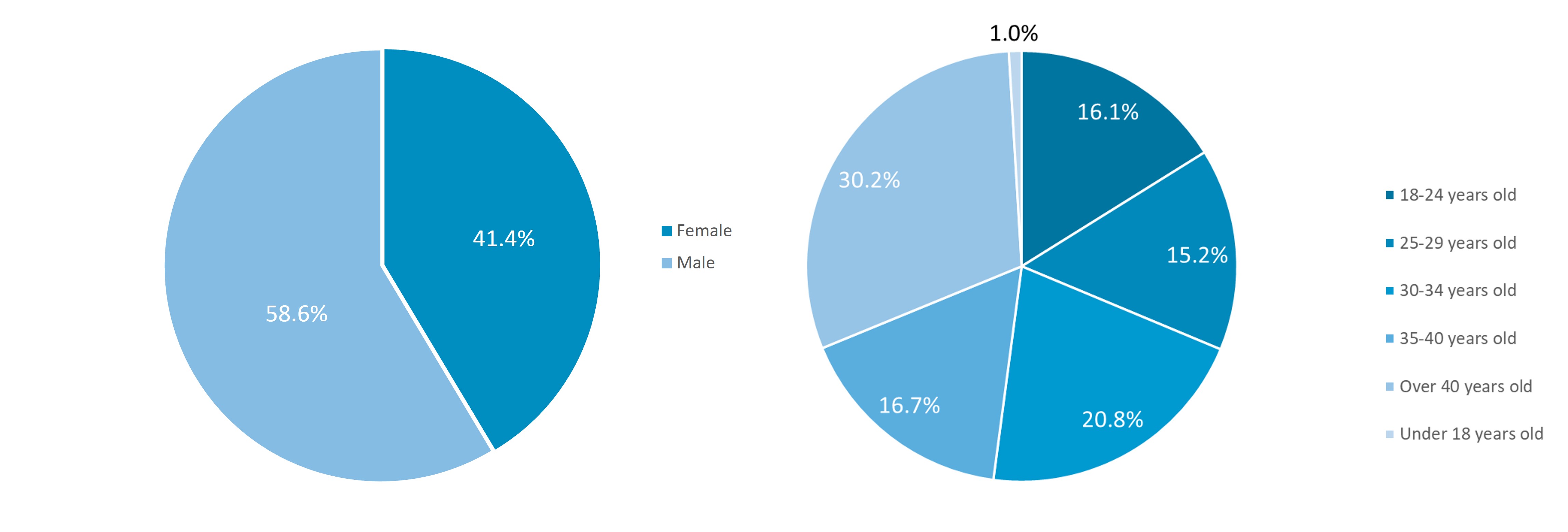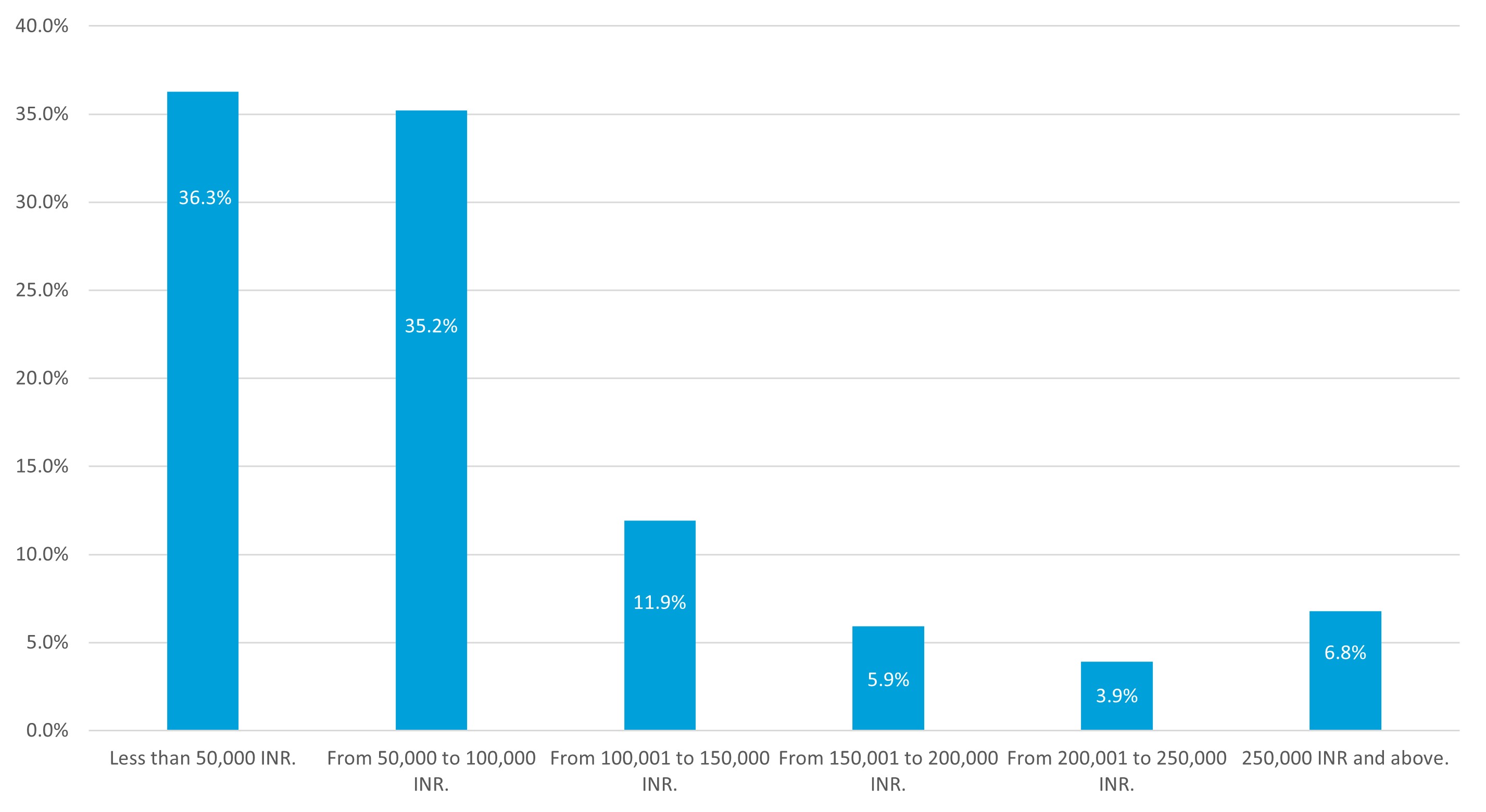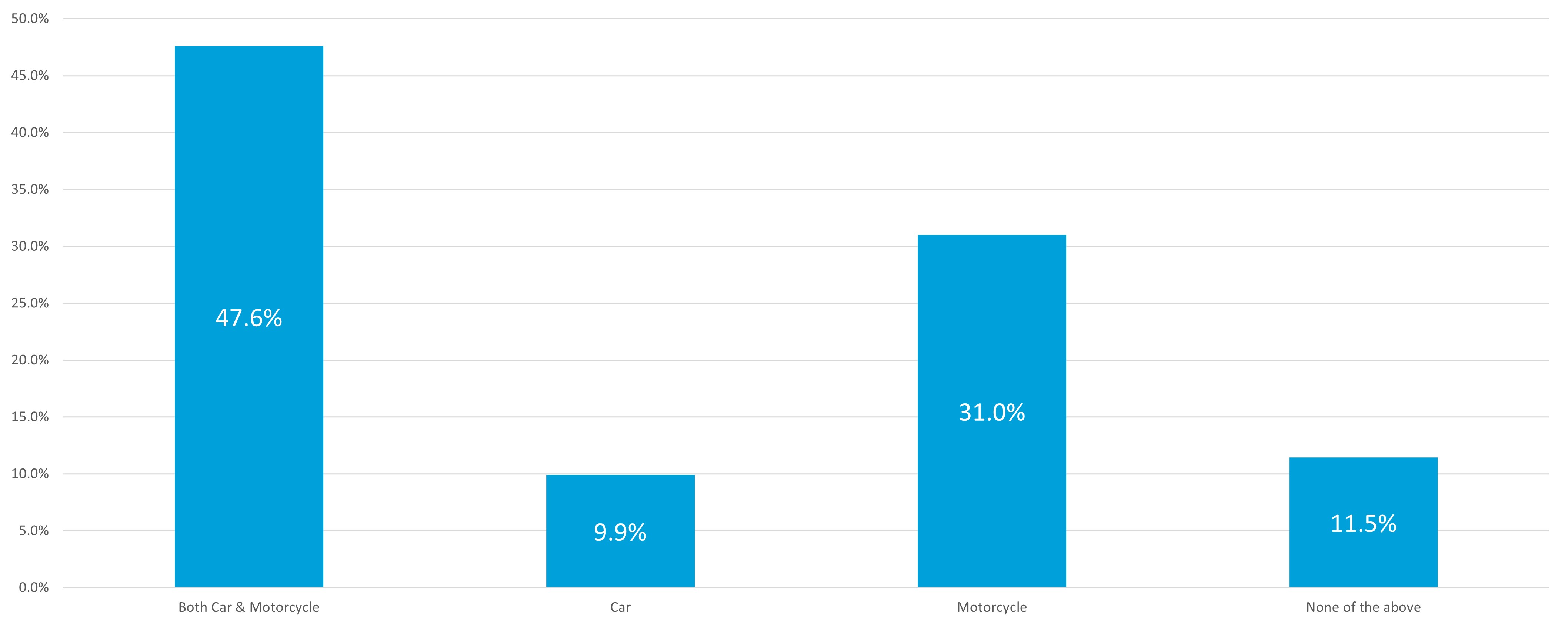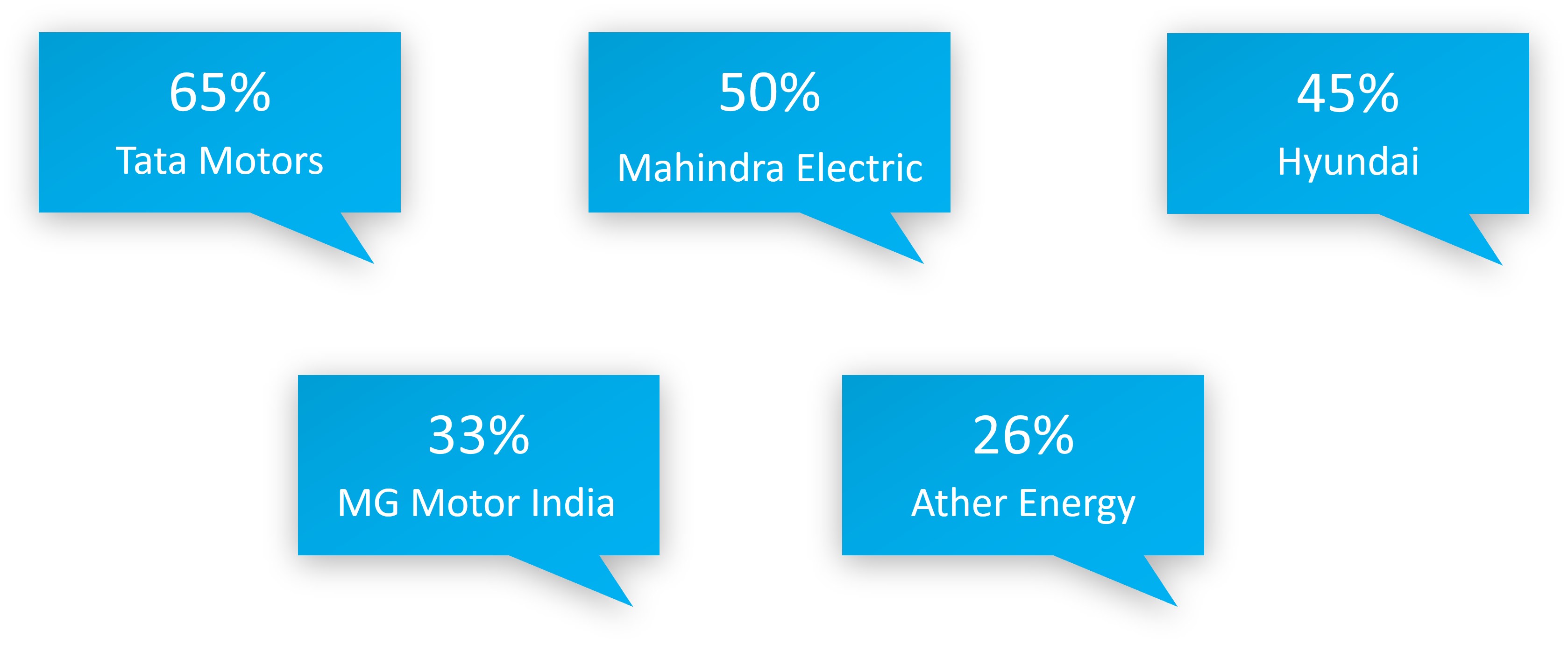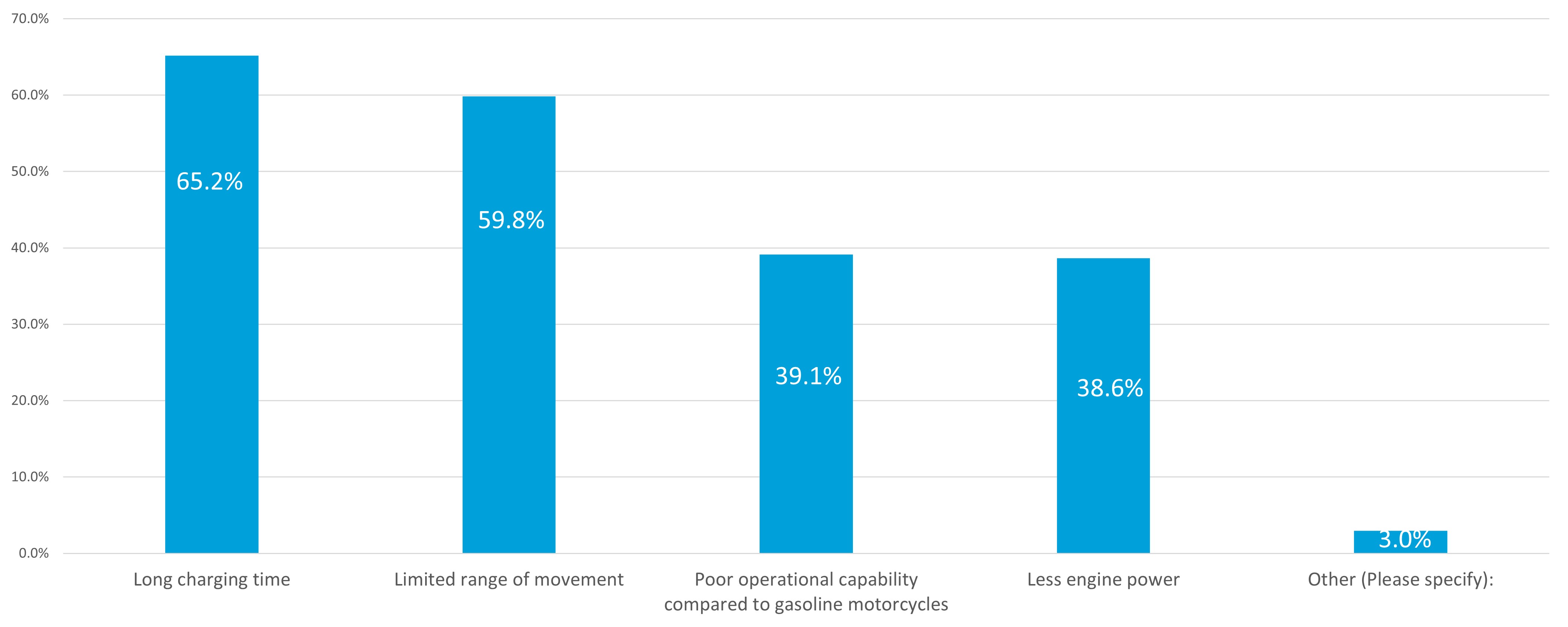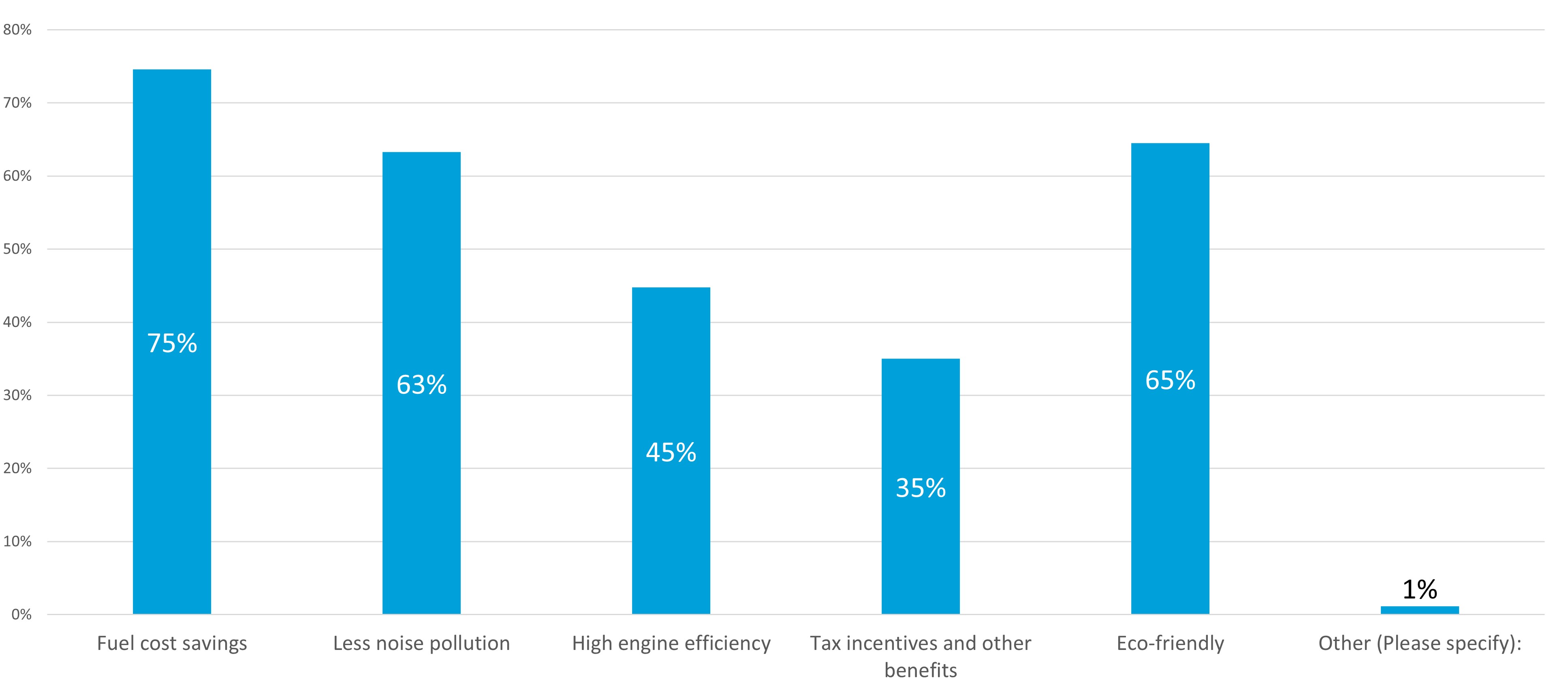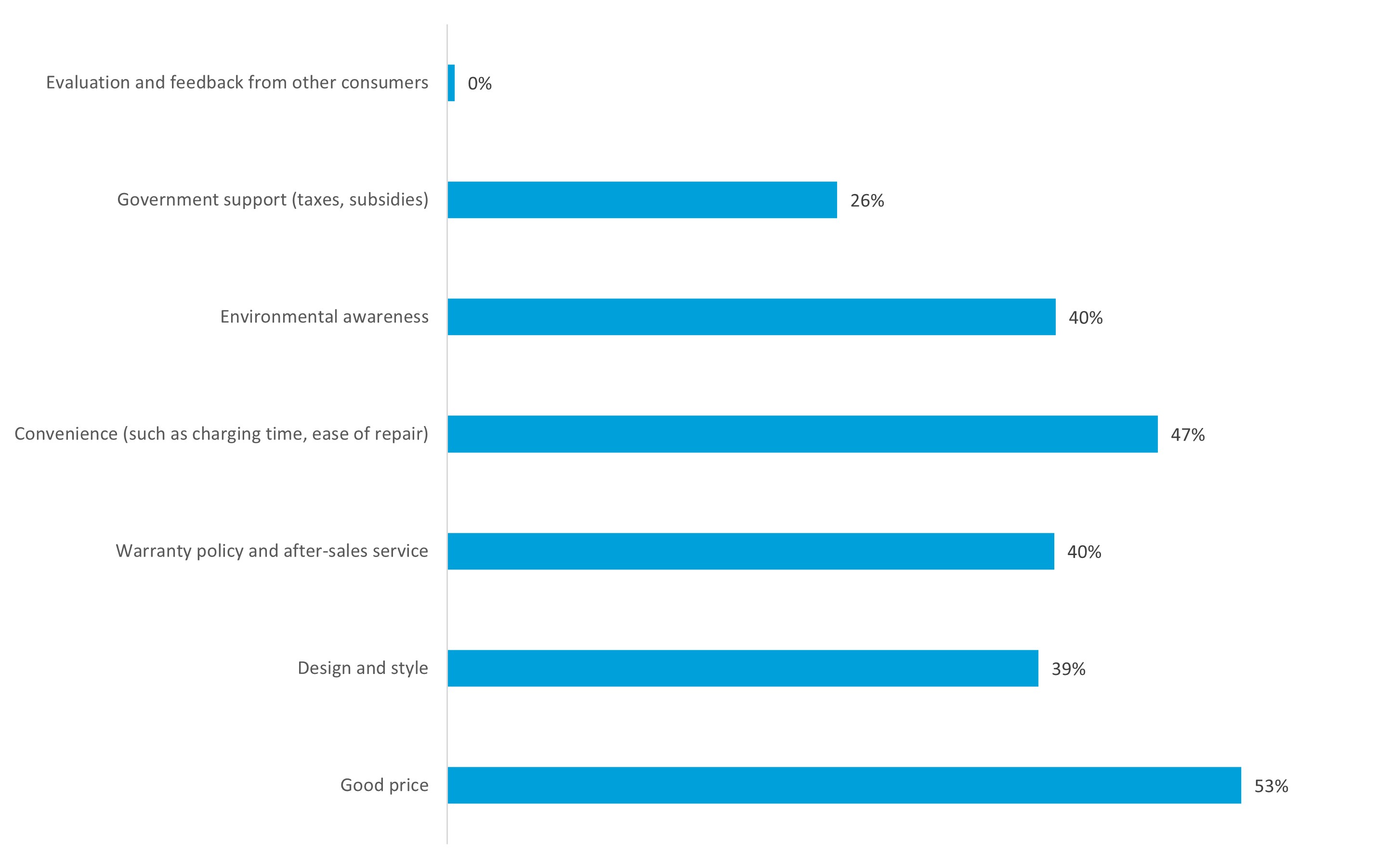Information
- News
- newRelease
- [Market Report] Electric Vehicles: Unveiling Consumer Sentiments
[Market Report] Electric Vehicles: Unveiling Consumer Sentiments
- 2024/04/30
- newRelease
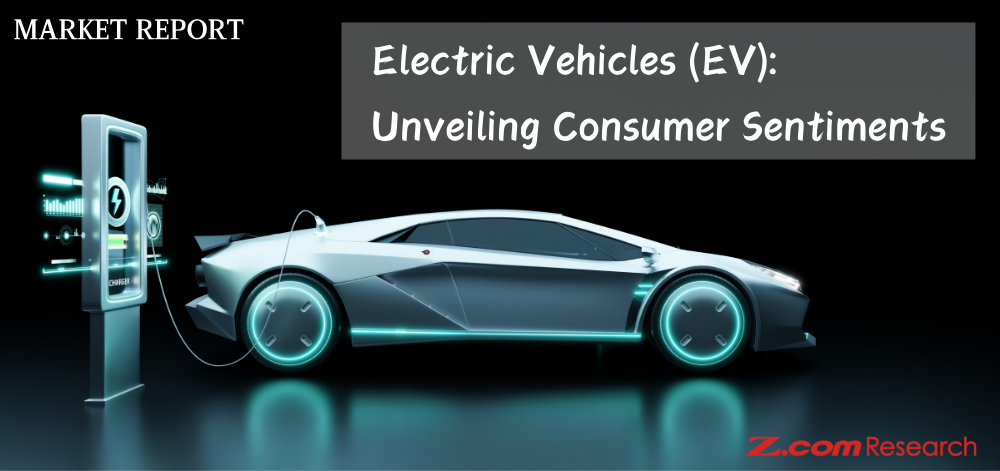 In recent years, the electric vehicle (EV) revolution has transcended borders, reshaping the automotive landscape on a global scale. As nations around the world embrace sustainable mobility solutions, the spotlight shines brightly on EVs as a pivotal catalyst for change. Our journey begins with an exploration of consumer sentiments towards EV adoption, offering insights into the driving forces and aspirations shaping the future of mobility.
In recent years, the electric vehicle (EV) revolution has transcended borders, reshaping the automotive landscape on a global scale. As nations around the world embrace sustainable mobility solutions, the spotlight shines brightly on EVs as a pivotal catalyst for change. Our journey begins with an exploration of consumer sentiments towards EV adoption, offering insights into the driving forces and aspirations shaping the future of mobility.
*The data collected from Z.com Research’s members is based on 1,048 samples.
Demographic data
In our survey encompassing 1,048 respondents, a balanced representation of gender was observed, with 58.6% identifying as male and 41.4% as female. The age distribution revealed a diverse mix, with the majority falling in the over 40 years old category (30.2%), followed closely by the 30-34 years old group (20.8%).
Monthly Household Income
Financial prudence remains a guiding factor in automotive decisions. A significant proportion of respondents (36.3%) reported monthly household incomes below 50,000 INR, while 35.2% fell within the 50,000 to 100,000 INR bracket.
Ownership patterns revealed a diverse mix, with 47.6% of respondents owning both cars and motorcycles, followed by 31.0% owning motorcycles and 9.9% owning cars. Additionally, 31.0% of respondents exclusively own motorcycles, highlighting the enduring popularity and versatility of two-wheeled transportation in India's urban and rural landscapes. Notably, 11.5% of respondents reported owning neither, underscoring the diverse mobility preferences in the Indian market.
EV Brand Recognition
In the realm of EV brand awareness, Tata Motors emerged as a frontrunner, capturing the attention of 65% of respondents. Mahindra Electric and Hyundai also garnered significant recognition, with 50% and 45% respectively.
Advantages and Drawbacks
From the survey responses, the top 3 advantages of driving an EV were:
- Fuel cost savings (75%)
- Eco-friendly (65%)
- Less noise pollution (63%)
On the other hand, the top 3 drawbacks of EVs were:
- Long charging time (65%)
- Limited range of movement (60%)
- Poor operational capability (39%)
Interest in green and sustainable technologies
Our data echoed a resounding chorus of interest, with consumers expressing a strong inclination towards green and sustainable technologies. A staggering 83.6% of respondents expressed keen interest in EV manufacturers implementing green and sustainable technologies, underscoring a growing appetite for eco-conscious solutions.
Buying an EV
Despite the burgeoning interest, only 58.9% of respondents expressed plans to buy an EV in the near future, with an additional 26.0% considering a purchase further down the road. Factors such as good price (53%) and convenience (47%) emerged as primary influencers in the decision-making process.
Conclusion
Our exploration of the Indian EV market unveils a landscape brimming with potential and nuanced preferences. As the automotive industry undergoes electrification, understanding these insights will serve as a compass, guiding stakeholders towards a sustainable and electrifying future.
![[Market Report] Electric Vehicles: Unveiling Consumer Sentiments|newRelease|News|Z.com Research India Home Page](/theme/ZRID/img/siteLogo.svg)
